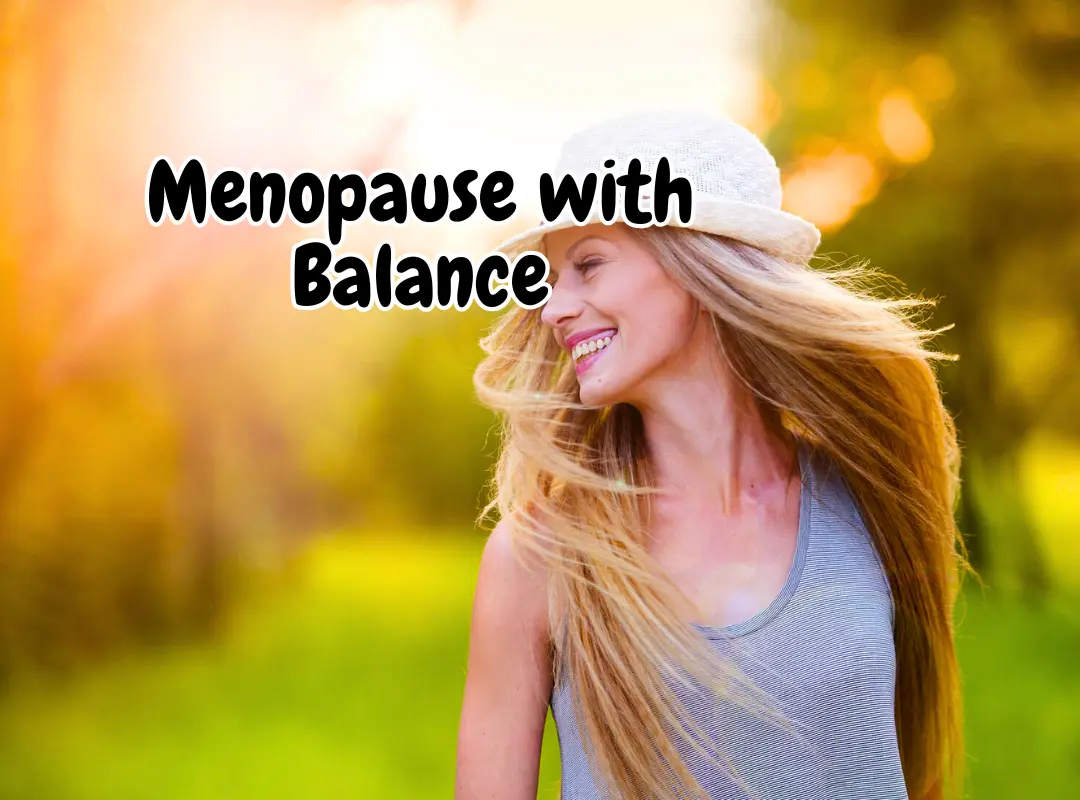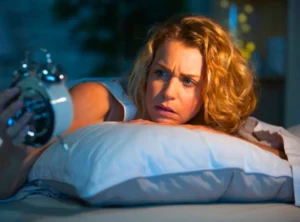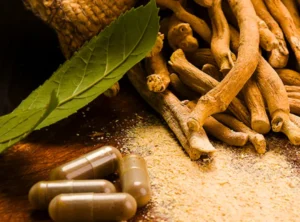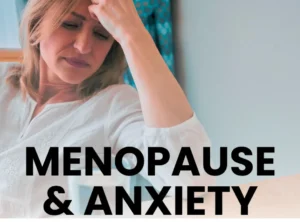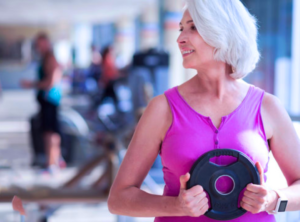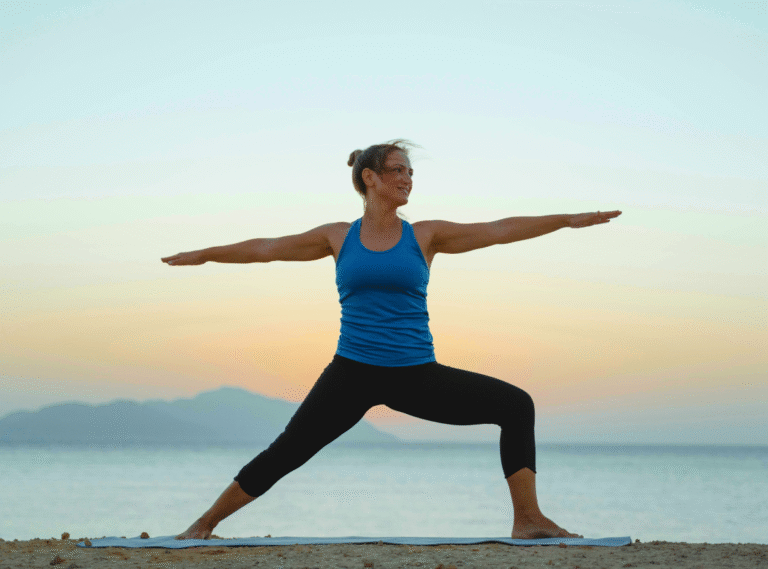
Myths and Facts About Bone Health During Menopause
Menopause is a natural stage in a woman’s life, marked by significant hormonal changes that directly impact overall health especially bone health. The drop in estrogen levels significantly contributes to the reduction of bone density, increasing the risk of osteoporosis and fractures.
The good news is: it is absolutely possible to improve and maintain bone density after menopause through natural strategies, proper nutrition, supplementation, and specific exercises.
In this article, you’ll learn how to strengthen your bones during menopause and maintain your quality of life for years to come.
Why Menopause Affects Bone Health
During the childbearing years, estrogen plays a protective role in bone health. It helps balance bone formation and resorption.
With menopause, estrogen levels drop dramatically. This change increases bone resorption, which outpaces new bone formation, leading to bone loss.
This process is silent and progressive.
According to the International Osteoporosis Foundation, up to 1 in 3 women over the age of 50 will experience an osteoporotic fracture.
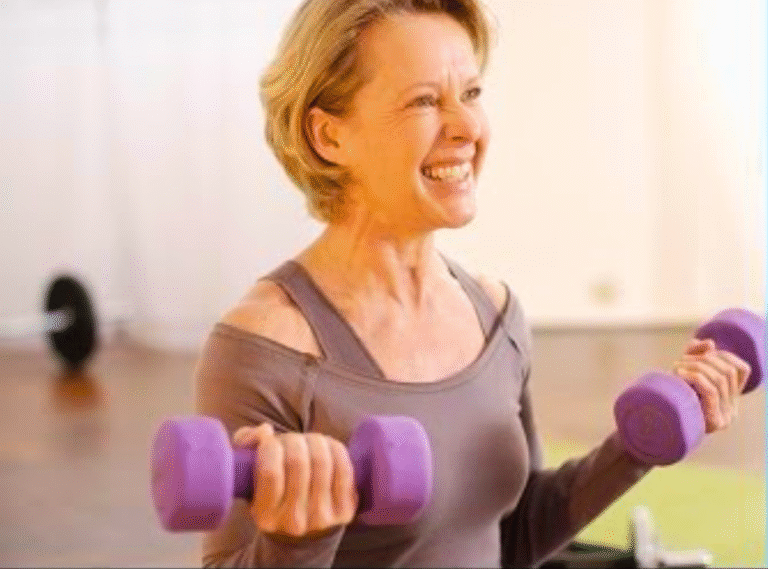
Symptoms of Bone Density Loss
Bone density loss is silent, but some signs may appear:
Back pain
Stooped posture
Loss of height
Frequent fractures, even from mild trauma
If you are entering or currently in menopause, it’s essential to talk to your doctor about tests like bone densitometry.
Exercise to improve oxygenation of muscles and bones
With well-oxygenated blood circulation, vitality is restored in muscles, bones and tendons.
Physical activity is crucial for bone health. The most effective exercises include:
Brisk walking – Light jogging – Strength training – Jumping rope – Climbing stairs

How to Improve Bone Density During Menopause
Focus on a Calcium-Rich Diet
Calcium is the primary building block of bones. During menopause, intake should be increased. Recommended foods:
Dairy (milk, yogurt, cheese)
Dark green vegetables (kale, broccoli)
Fortified tofu
Sardines with bones
Almonds and sesame seeds
Vitamin D: Essential for Calcium Absorption
Without vitamin D, calcium isn’t absorbed properly. The best source is sun exposure:
Get 15-20 minutes of sun daily (avoid peak hours)
Foods: egg yolks, salmon, liver
Supplements may be needed under medical advice
Avoid foods that deplete calcium.
These foods prevent the body from absorbing calcium, or they break down calcium before it is absorbed.
Some habits and foods are harmful to bone health:
Excessive salt
Soft drinks (rich in phosphate)
Excessive caffeine
Excessive alcohol consumption
Minimize these effects and follow an anti-inflammatory diet.
Quit smoking
Smoking reduces estrogen levels and accelerates bone loss. Women who smoke are at greater risk of osteoporosis.
Diuretic teas also help improve blood circulation and blood pressure, which is often outside the desired parameters in modern medicine.
Quitting smoking has immediate benefits for bone and overall health.
Consider hormone replacement therapy (HRT)
HRT can help maintain estrogen levels and protect bones. However, it is not suitable for everyone.
See your doctor for further guidance.
Talk to your gynecologist to assess the risks and benefits in your case.
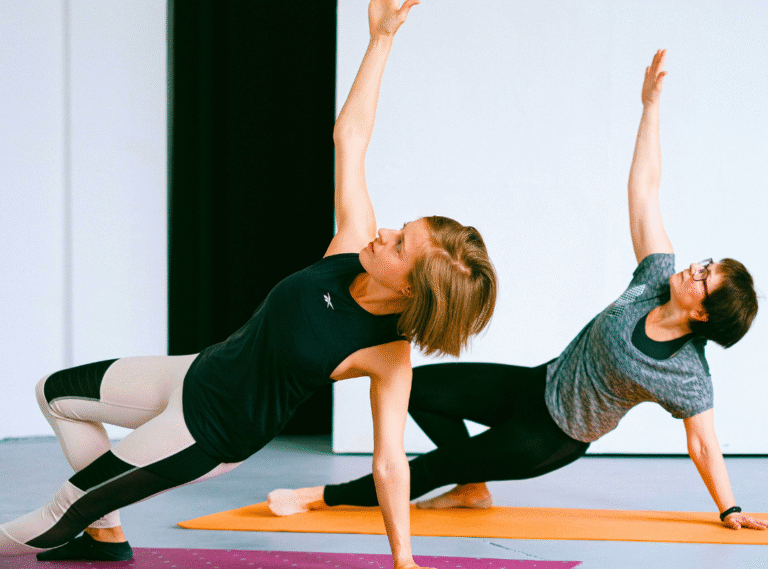
Use Supplements Wisely
In addition to a balanced diet, supplements may be necessary:
Calcium (preferably citrate)
Vitamin D3
Magnesium
Vitamin K2 (helps calcium reach the bones, not the arteries)
HERE ARE SOME ARTICLES ABOUT VITAMINS AND HERBAL REMEDIES
Natural Treatments to Strengthen Bones During Menopause
In addition to diet and exercise, some natural options can help:
Soy isoflavones (natural estrogen support)
Turmeric (anti-inflammatory)
Practices such as Pilates, Yoga and Tai Chi Chuan improve balance and reduce the risk of falls
How to Know if You Are Losing Bone Density
A bone densitometry test measures bone mineral density. It is simple, quick and painless.
Postmenopausal women should have this test every two years or as directed by their doctor.
Myths and Truths about Bone Health in Menopause
Having this simple knowledge will demystify common myths that confuse many women, leading to serious consequences:
❌ Myth 1: “Only older people need to worry about their bones”
🟢 Truth: Bone loss begins around age 30 and accelerates with menopause. The sooner you start worrying, the better the long-term results will be.
❌ Myth 2: “If I don’t feel pain, my bones are fine”
🟢 Truth: Bone loss is silent. Many women only discover they have osteoporosis after a fracture.
❌ Myth 3: “If I take calcium, I’ll be fine”
🟢 Truth: Calcium is only part of the equation. You also need:
Sufficient vitamin D, Impact exercises, Avoid smoking and a sedentary lifestyle
❌ Myth 4: “Osteoporosis is not that serious”
🟢 Truth: Osteoporosis is one of the leading causes of death and loss of independence in women over 60.
❌ Myth 5: “Bones can only be strengthened with medication”
🟢 Truth: There are many natural ways to strengthen bones:
Proper nutrition, Smart supplementation, Regular physical exercise and Daily sun exposure
Stress management
Knowledge of everything involved in daily life
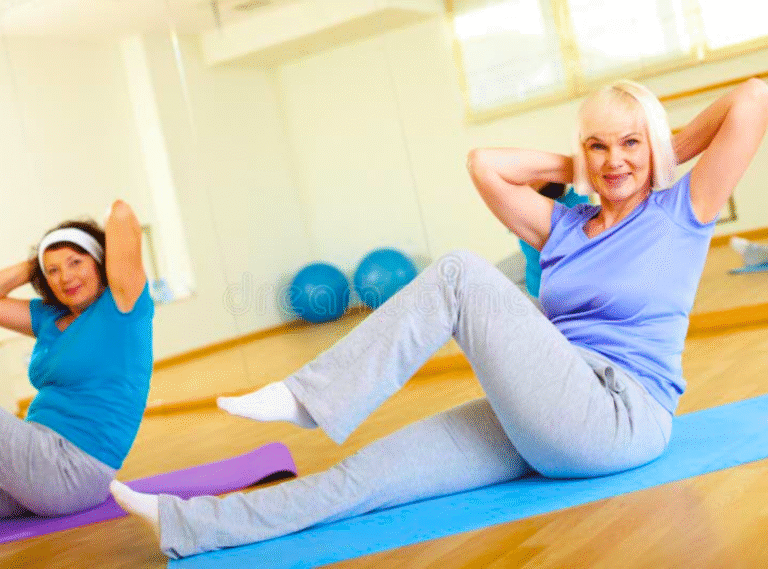
Conclusion: Taking care of your bones means taking care of your freedom, family and everyone’s happiness. Where there is health, there is happiness.
Keeping your bones strong during and after menopause is essential for a long, active and independent life. Bone loss can be prevented or controlled with practical daily actions.
Adopt healthy habits now and enjoy the benefits for many years to come!
What you can do TODAY to strengthen your bones
Make an appointment with your doctor to check your bone density
Add calcium-rich foods to your meals
Take a 20-minute walk in the sun
Start a light exercise routine
Avoid soda and excessive caffeine
Get plenty of sleep and manage stress, it also affects your bones!
📌 Final message: Strong bones = Freedom
Taking care of your bone density during and after menopause is an act of self-love. It goes beyond preventing fractures, it ensures that you can:
Dance, Walk, Hold your grandchildren, Travel, Live with autonomy and confidence
Don’t wait for pain to take over. The time to strengthen your bones is NOW!
